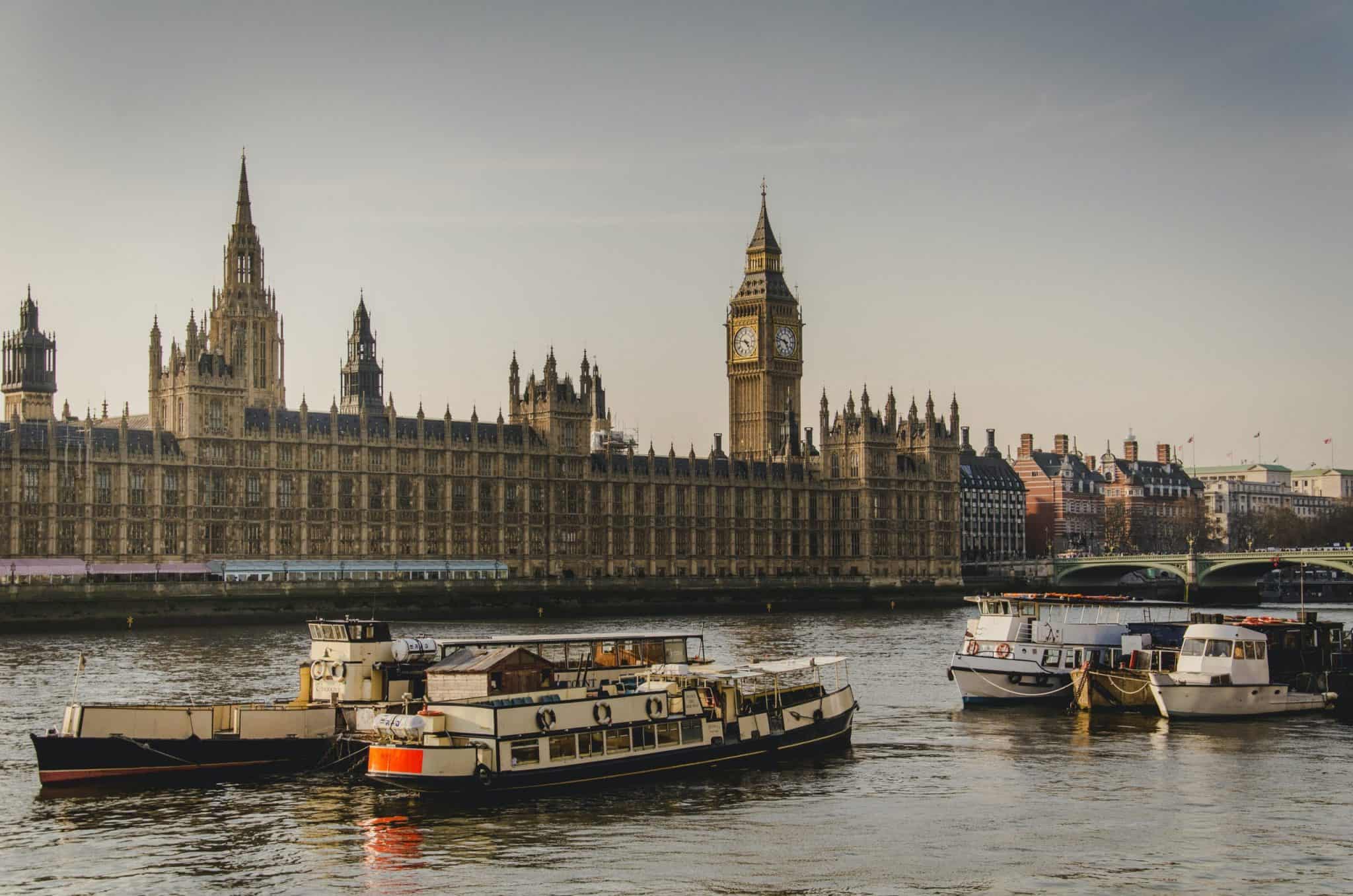Budget 2021: What it means for Muslims – IslamicFinanceGuru

4 min read
Published:
Updated:
IW
IFG Staff Writers
Chancellor Rishi Sunak recently announced his spring Budget. We’ve gone through the announcements and have extracted what we think are the most relevant bits for Muslims.
Here’s an executive summary:
- There’s a potential boost to homebuyers through guaranteed lower deposit mortgages – but Islamic banks haven’t revealed their plans yet.
- If you run a relatively profitable business, you could end up making a significant tax-saving by investing in your technology and equipment thanks to new tax changes.
- The personal allowance freeze means many could end up paying more tax – so make sure you are investing well to supplement your income.
- Really interesting new interest-free loans scheme to be piloted by the government – very welcome for Muslims.
- It will be easier for qualified immigrants to come to the UK – welcome news for Muslims overseas and startups in the UK.
Potential boost for homebuyers
A guarantee scheme has been introduced that allows all UK homebuyers to get a mortgage up to £600k with just a 5% deposit from April.
To date no Islamic banks have confirmed whether they will be offering these 5% deposit mortgages. We’ll keep you posted as we learn more. Historically though, Islamic banks too have got involved – but usually a bit slower than the mainstream. For more on Islamic mortgages, check out our comparison tool here.
The stamp duty holiday has also been extended to the end of June, allowing some homebuyers to benefit from no stamp duty on the first £500k of a property purchase. There has been some debate as to whether this is actually beneficial for buyers or if it has led to inflated house prices. This will vary based on the type of property and the location in which you are interested, so it is worth doing some research to ensure that you are still getting a good deal.
Mixed news for entrepreneurs
From 2023, the top rate of corporation tax will go up to 25% from 19%. Businesses with profits of £50k or less will continue to pay the 19% rate. After which the rates will taper up to the full rate of 25%, which will only apply to businesses with profits of at least £250k.
This is not great for Muslim entrepreneurs with more than £50k of profits. However the Chancellor did also announce a super-deduction where businesses can offset their tax bill by 25p for every pound they invest in new equipment. This is a decent opportunity for those of you looking to invest in your company’s future.
Hospitality firms
The hospitality sector has been hit particularly hard by the pandemic and given the high proportion of Muslims employed in that sector, it’s an area of particular interest for our community [1].
Therefore it is great to see that the lower VAT rate of 5% for hospitality firms will be maintained until September along with business rates freezes. The government have also set up a business restart scheme which promises grants of up to £18,000 for affected small businesses to help them restart. These measures should hopefully help Muslim businesses get up and running again once we are finally clear of the pandemic.
Coronavirus support
Furlough has been extended until the end of September and the eligibility criteria has widened to include more self-employed workers – a positive outcome for those whose work has been hit by the pandemic.
Widening criteria to include more self-employed people should hopefully be beneficial for Muslims given census data has shown that there is a greater proportion of Muslims who are self-employed compared to the general population [2].
Personal allowance freeze
The threshold at which people pay the lower and higher rate of income tax will be going up this April to £12,570 and £50,270 respectively after which they will be frozen for 5 years. Whilst a freeze of the tax-free personal allowance might not sound so bad at first, in practice this will cause millions of people to start paying income tax or bump them up to the higher rate as their pay increases.
The Office for National Statistics data shows that 54% of Muslims in employment are doing lower-middle to low skilled work and thus are likely to be among those affected by this freeze [1]. In our view, this further reiterates the need for Muslims to get on top of their finances and supplement their income through investing. If you want to learn more about investing, check our Halal Investing 101 Guides.
Interest-free loans for the vulnerable
This is an interesting announcement that went slightly under the radar. The government have launched a pilot to support vulnerable consumers with interest-free loans. This would be a welcome source of support for vulnerable Muslims. This is still under development and one to keep an eye on. We’ll report back when we know more!
Easier to recruit overseas talent for start-ups
One of the more interesting things in the budget were the measures announced to make high-skilled migration easier. This is exciting news for Muslim start-ups who want to attract the best talent and also overseas Muslims who want to get involved in the UK’s start-up scene.
We are really enthused by the start-up space in the UK and regularly invest with our angel syndicate IFG.VC that looks to find the best sharia-compliant start-ups. Measures like this will only strengthen the quality of the companies coming through.
Conclusion
So in summary, a mixed bag for us as Muslims but there are clear positives that can be of benefit for us. If you want more detail on anything we covered, you can find the full budget release here. Did you notice anything interesting that we missed? Let us know in the comments!
References
- Office for National Statistics
- https://www.mcb.org.uk/wp-content/uploads/2015/02/MCBCensusReport_2015.pdf
- https://www.gov.uk/government/publications/budget-2021-documents




